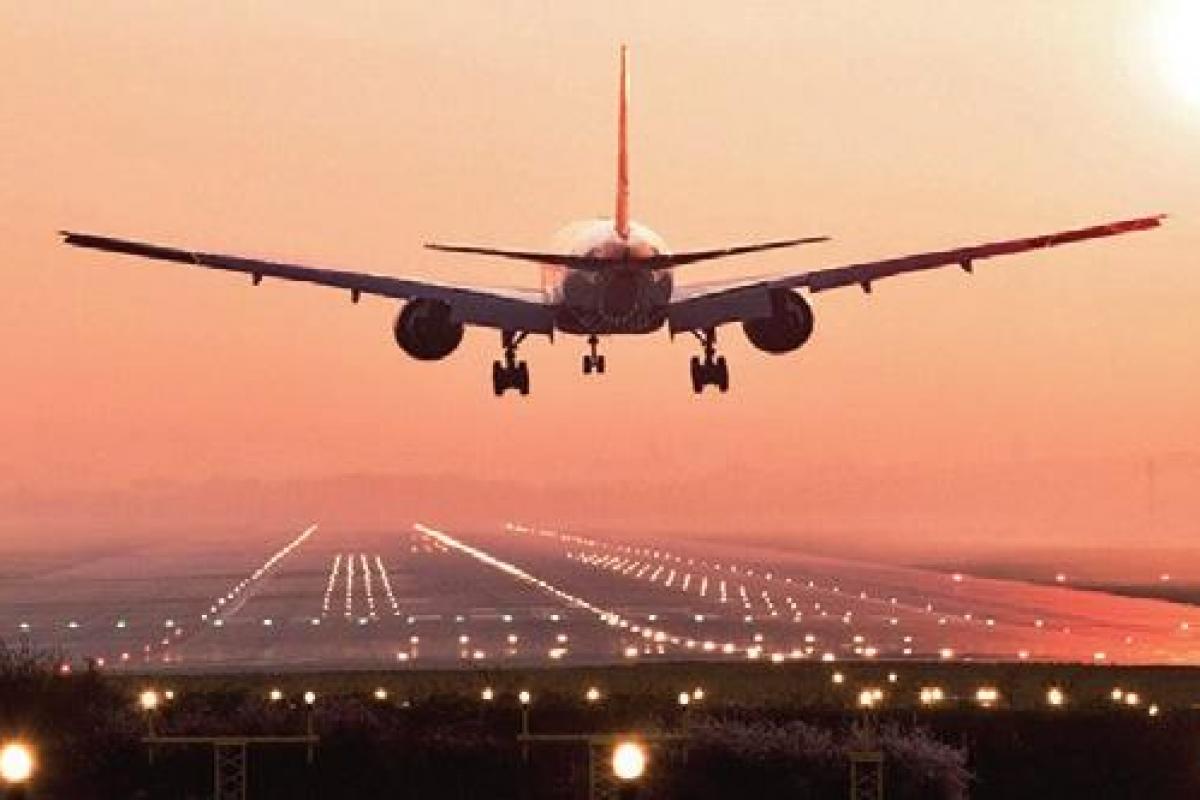New Delhi: The Indian aviation sector, which is among the worst-hit sectors in the Covid-19 pandemic, is seeking to restart domestic operations in full capacity from July. The aviation industry says that if domestic operations do not start in full capacity from next month, many of the airlines could see severe losses in the coming days as cost to these companies are increasing every month with minimal income over the last three months.
An aviation industry insider told The Sunday Guardian: “The fear of that the infection will spread during a flight has proved to be negligible, with just 0.03% infection rate amongst fliers in the last one month; it is now time that the entire domestic operations are allowed to function by the government. We are facing huge losses as even parked aircraft are a cost burden to us.”
According to sources in the aviation industry, many Indian airline companies are mulling to send back their planes which they had taken on lease, as many of these planes are parked at different airports across the country and are costing the companies huge amounts of money every month.
Domestic operations in India were started on 25 May after the Ministry of Home Affairs allowed 33% operations of scheduled airlines. Since then, more than 16,600 departures have taken place from several airports across the country in the last one month, carrying more than 15 lakh passengers.
Even with one-third of flight operations resuming, the DGCA in its report released earlier this month had observed over a 45% decline in the load factor of the airlines compared to the previous year. This has amounted to a loss of millions of dollars to the aviation sector.
Officials from several Indian carriers that this correspondent spoke to said that the high cost operations in India are putting a great burden on their airlines.
“The operations cost for the aviation sector is very high in India and the Air Turbine Fuel (ATF) cost in India is one of the highest in the world. This, coupled with high airport charges, parking charges, and the cost of human resources is becoming very expensive for airlines to survive in the post Covid world,” an official from a scheduled airline told this newspaper.
Another officer from a low cost Indian carrier told this correspondent that they were expecting a bailout package or some sort of financial assistance from the government, but with nothing of that sort and just one third of domestic operations resuming, it will be very difficult for some of the airlines to stay afloat in the coming months.
The airlines are also worried about the muted demand in the aviation sector despite partly opening up air travel. Many believe this is due to the fear of infection and lack of proper information with the general masses about the safety and security of air travel.
“Many are also avoiding travel because of strict quarantine rules in many states. We are seeing a drop in demand compared to the same period last year. We are doing everything possible to instil confidence amongst our flyers,” the officer from the low-cost carrier quoted earlier said.
Some from the aviation industry also want international operations to restart in a controlled manner so as to increase their share of revenue. They say that since the spread of infection while flying is minimal and with strict regulations in place in almost every country across the world, the industry could well look into re-starting international operations.

